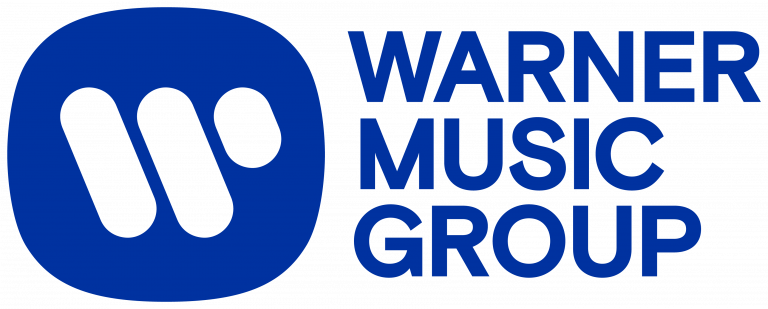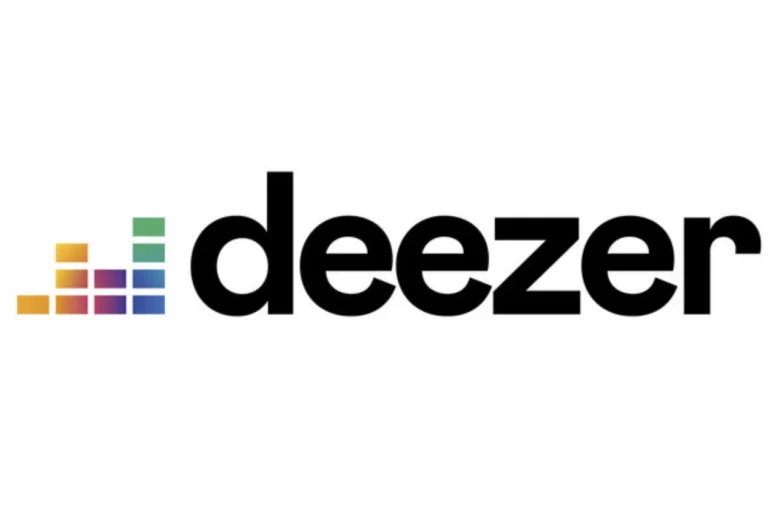
Source: Ewa Studio
YouTube has hit a major milestone. The platform paid more than $8 billion to the music industry between July 2024 and June 2025. Lyor Cohen, YouTube’s Global Head of Music, revealed the figure at the Billboard Latin Music Week conference in Miami.
The Power of the Twin-Engine Model
The company credits its “twin-engine model” for the growth. This approach combines ad revenue from free content with subscriptions to YouTube Music and YouTube Premium. Cohen said the payout proves both engines are “firing on all cylinders.” He added that the number shows “sustained progress” toward building a long-term home for artists, songwriters, and publishers. With 125 million subscribers and 2 billion monthly music video viewers, YouTube is expanding its role in global music.
The announcement also highlights the rivalry with Spotify. Spotify still leads the industry, paying a record $10 billion in 2024, up from $9 billion in 2023. Cohen insists YouTube “will not stop” until it becomes the top revenue source. He stressed that YouTube has a “long vision” and is committed to products fans care about. The platform’s reach spans more than 100 countries and 80 languages. It also continues to roll out new tools, including AI-powered features like the Speech to Song tool built with Google DeepMind’s Lyria 2 model.
Expanding Beyond Music
YouTube’s broader ecosystem is also thriving. The company said it has paid $100 billion to creators, artists, and media companies over the past four years. In August 2025, Nielsen data showed YouTube leading U.S. TV viewing with a 13.1% share, ahead of Disney and Netflix. Its Q2 2025 ad revenue reached $9.8 billion, a 13% year-over-year increase.

In short, YouTube’s $8 billion payout is more than a financial milestone. It signals a clear intent to challenge Spotify’s dominance. By combining scale, innovation, and global reach, YouTube is reshaping the future of music streaming. For artists and fans, this competition could bring more opportunities, better tools, and a stronger music ecosystem.





